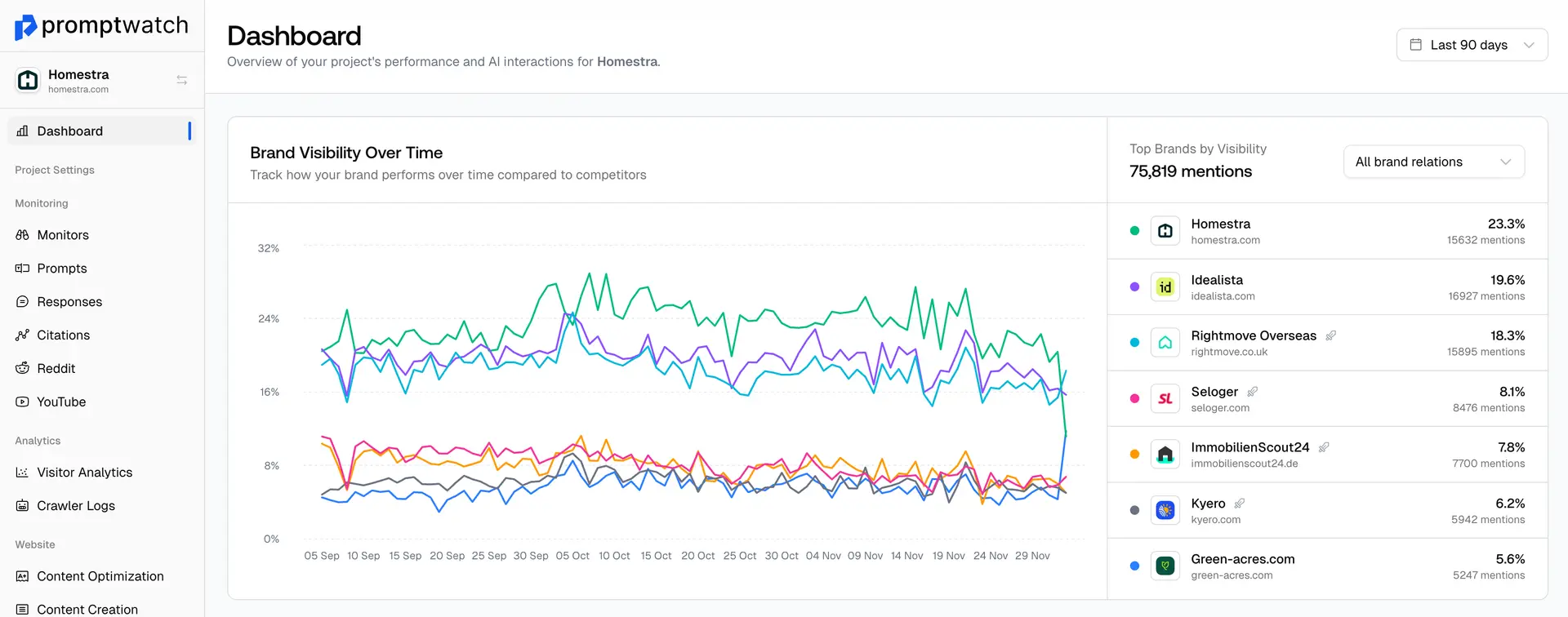Definition
AI Search Engine Optimization (AI SEO) is the specialized practice of optimizing content, websites, and digital assets for AI-powered search engines and generative platforms that create responses rather than just retrieving links. This emerging discipline combines traditional SEO principles with AI-specific optimization strategies to improve visibility and citation rates in AI-generated content.
Unlike traditional SEO which focuses on search engine algorithms and ranking factors, AI SEO targets the AI systems that synthesize information and generate responses. This requires understanding how AI models process, evaluate, and select content for their responses, and optimizing accordingly.
Key aspects of AI SEO include optimizing content for AI extraction and synthesis, building authority signals that AI systems recognize, creating citation-worthy content with statistics and expert insights, implementing structured data for better AI understanding, and monitoring AI visibility and citation performance across platforms.
AI SEO strategies encompass content structure optimization for AI parsing, topical authority building through comprehensive coverage, expertise signal development, and adaptation to different AI platform preferences and capabilities.
The field is rapidly evolving as AI systems become more sophisticated and new platforms emerge. Successful AI SEO requires continuous monitoring, testing, and adaptation to stay current with AI platform updates and changing optimization requirements.
AI SEO metrics include AI visibility scores, citation frequency and quality, brand mention accuracy and sentiment, and overall authority recognition across AI platforms. These metrics help businesses understand and improve their performance in AI-powered search environments.
Examples of AI Search Engine Optimization
- A SaaS company optimizing their help documentation and case studies for better AI citation in customer service responses
- A consulting firm implementing AI SEO strategies to improve their presence in AI-generated business advice
- An e-commerce brand optimizing product information for AI shopping assistants and recommendation systems
- A healthcare provider ensuring their medical content is properly structured for AI health information systems
